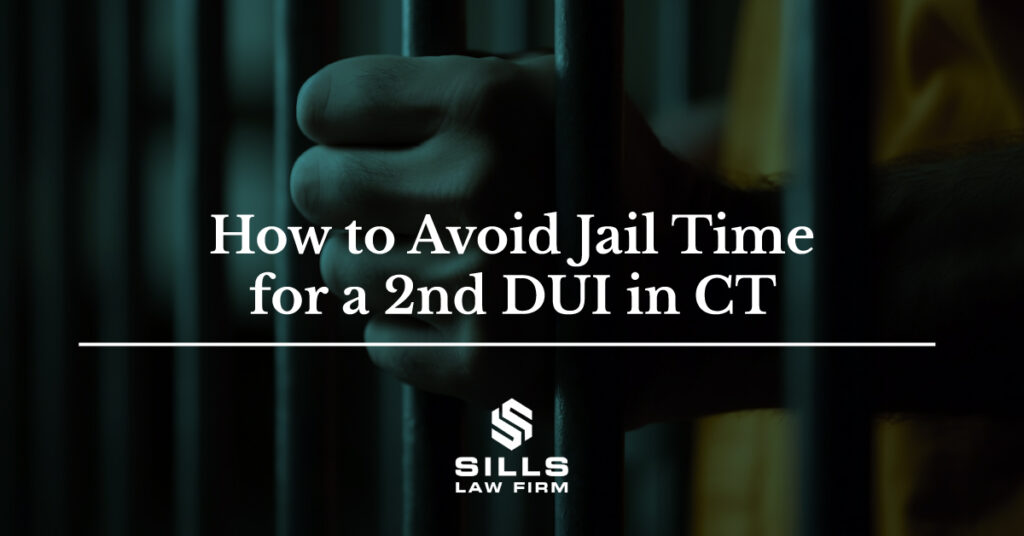If you are arrested for a misdemeanor or felony, you may be scheduled to appear in court on various dates. Regardless of whether you must attend an initial hearing or a trial, it’s imperative that you show up to all. Failing to do so could result in being charged with a separate offense, which can have profound consequences on your life.
Being Released from Jail
After an arrest, the police will take you to jail for the booking process. This includes fingerprinting you, taking your photograph (mug shot), and setting bail (if applicable to your case).
Bail is an amount you pay the court in order to be released from jail until your first court appearance, called an arraignment. In some cases, bail might not be set, and you can be released by signing a note, stating that you promise to appear in court when scheduled.
Whether you’re released on bail or a promise to appear, you must abide by certain conditions, which may include:
- Being under the supervision of an agency
- Complying with travel restrictions
- Not using alcohol, drugs, or engaging in other prohibited conduct
- Avoiding contact with the alleged victim or possible witnesses
Additionally, you are required to show up to court when scheduled.
Failure to Appear Charge
Violating any of the conditions of pre-trial release can result in a charge for a new crime. However, in this blog, we’ll focus only on that for failing to appear.
As the name implies, failure to appear means that you were not present in court for any part of your criminal proceedings. Although you might believe that it’s not a big deal to miss a court date, this is actually a serious offense.
When a judge recognizes your failure to appear, a warrant will be issued for your arrest. This means that if you have any run-ins with law enforcement, even for a minor traffic violation, they can take you into custody.
Not only can you be arrested for failing to appear, but you can also be charged with a new crime – in addition to the one you were initially supposed to go to court for.
Depending on your circumstances, failing to appear could be a misdemeanor or felony. It’s a class A misdemeanor when the original offense you were charged with was also a misdemeanor. It’s a class D felony when the original offense was a felony.
What Are the Potential Conviction Penalties?
If you don’t show up to court when scheduled and you’re convicted for failing to appear, you could be incarcerated and ordered to pay fines. The length of your term and the fine amount depend on whether you were charged with misdemeanor or felony failure to appear.
The conviction penalties are as follows:
- Second-degree failure to appear: As mentioned earlier, this is a class A felony. The maximum jail term for this offense is 1 year, and the maximum fine is $2,000.
- First-degree failure to appear: Charged as a class D felony, the conviction penalties include up to 5 years in prison and/or up to $5,000 in fines.
With such harsh punishments for failing to appear, it’s crucial to have proven legal representation on your side to fight your charges. Call The Sills Law Firm at (860) 524-8118 or contact us online for the aggressive defense you need in Hartford.






